Kastamonu: sustainable development and environmental responsibility
Kastamonu, the number one manufacturer of laminate and MDF in Russia, continues to implement an environmental strategy aimed at preserving natural ecosystems and reducing the carbon footprint while paying great attention to issues of responsible and careful forest management.
One of the main principles of Kastamonu's environmental policy is to optimize the use of natural resources and minimize negative impacts on the environment. This is necessary to ensure the correct balance between production processes and the preservation of natural resource potential, which is the most important condition for the sustainable economic development of society.
At present, Russia actively seeks to achieve carbon neutrality. This strategy for the country's socio-economic development is aimed at reducing greenhouse gas emissions and provides for measures that will be implemented until 2050. The reduction of CO2 resulting from wood use is one of the key indicators of the contribution to the fight against climate change. The European Confederation of Woodworking Industries confirms that sustainable forest management and extraction of old trees save carbon dioxide by keeping CO2 in the wood product. The production of wood chipboards is an important part of this cycle.
Kastamonu is the largest integrated manufacturer in the woodworking industry. The company has an autonomous (decentralized) energy center, which provides the production with its own energy resources — electricity and heat. The system of rational waste disposal and gas conversion into energy resources implemented at the plant ensures high efficiency and energy efficiency of production processes. Over the past year, 93.6% of wood waste was recycled directly at the production site (of the total volume of waste generated).
“Our entire technological cycle is structured in such a way as to reduce the amount of wood waste and use it in economic circulation as an environmentally friendly fuel for the production of thermal energy used in technological processes. And this fact gives us a huge competitive advantage. We purify 95% of the water used by the plant at treatment facilities to maximum permissible concentrations and then use it again in production. For the enterprise, this means saving resources on water purchases, as well as a significant reduction in the amount of wastewater discharged into the sewerage system. We transfer waste polyethylene, plastic, paper, cardboard, scrap ferrous and non-ferrous metals for recycling to specialized organizations that produce products directly from waste,” said a representative of the company.
The main raw material base for the Kastamonu products is the forestry of the Republic of Tatarstan. It is important that Kastamonu uses non-merchantable wood, and instead of the cut down old trees, new, high-quality forest stands are planted. Thanks to the reforestation program, the vacated areas are planted with a large number of valuable species. Company employees take an active part in tree planting activities. For example, as part of the all-Russian environmental movement “Circle of Life,” Kastamonu employees donate recyclable materials in exchange for seedlings of fir-trees, poplar, pine, lilac, and other cultivated plants. This contributes to the greening of the city; in addition, conifers purify the air and, when grown, can reduce greenhouse gas emissions into the atmosphere by 7320 kg.
The company's environmental policy includes financing environmental protection activities. As of year-end 2023, 38 measures were implemented to protect atmospheric air, water resources, soil and land resources, and to protect the environment in waste management. Besides, Kastamonu supports and promotes the idea of forest certification “Forest Standard” - which gives the right to ensure the timber used comes from responsibly managed forests, controlled sources, recycled materials, or a combination of the above.












